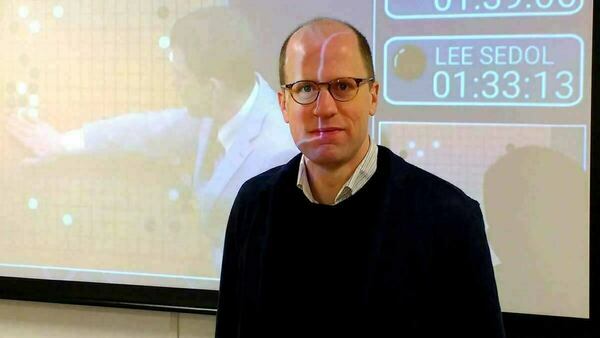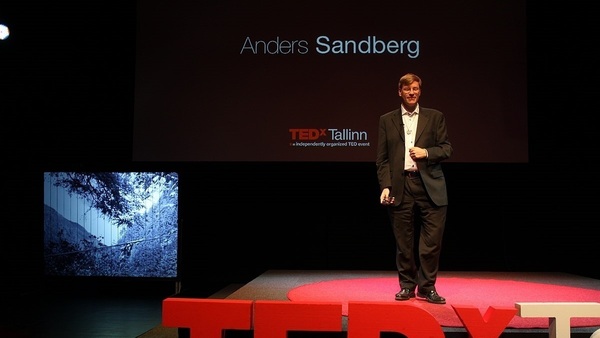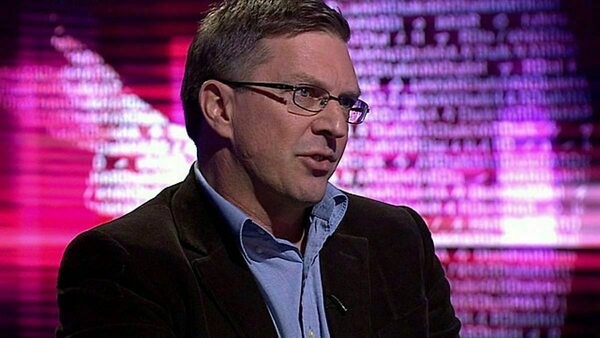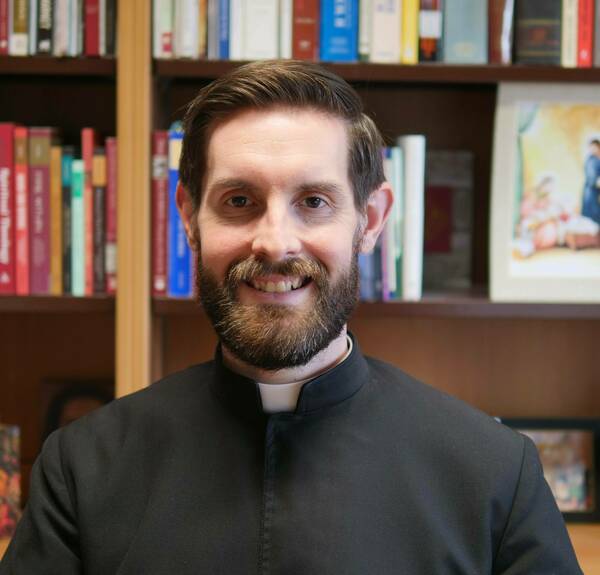Those who know Oxford University for its literary luminaries might be surprised to learn that some of the most important reflections on emerging technologies come from its hallowed halls. While the leading tech innovators in Silicon Valley capture imaginations with their bold visions of future singularities, mind-machine melding, and digital immortality by 2045, they rarely engage as deeply with the philosophical issues surrounding such developments as their like-minded scholars over the pond. This essay will briefly highlight some of the key contributions of Oxford University’s professors Nick Bostrom, Anders Sandberg, and Julian Savulescu to the transhumanist movement. It will also show how this movement’s focus on radical autonomy in biotechnical enhancements shapes the wider global bioethical conversation.

As the lead author of the Transhumanist FAQ, Bostrom provides the closest the movement has to an institutional catechism. He is, in a sense, the Ratzinger of Transhumanism. The first paragraph of the seminal text emphasizes the evolutionary vision of his school. Transhumanism’s incessant pursuit of radical technological transformation is “based on the premise that the human species in its current form does not represent the end of our development but rather a comparatively early phase.” Current humans are but one intriguing yet greatly improvable iteration of human existence. Think of the first iPhone and how unattractive 2007’s most cutting-edge technology is in 2024.
In particular, transhumanists encourage radical physical, cognitive, mood, moral, and lifespan enhancements. The movement seeks to defeat humanity’s perennial enemies of aging, sickness, suffering, and death. Bostrom recognizes that he is facing the same foes as Christianity and other traditional religions. Yet he is confident that Transhumanism, through science and technology, will be far more successful than outdated superstitions. Biotechnological advances are more reliable for this worldly benefit than religion’s promises of some mysterious next life. Transhumanists claim no need for “supernatural powers or divine intervention” in their avowedly “naturalistic outlook” since they rely instead on “rational thinking and empiricism” and “continued scientific, technological, economic, and human development.” Nonetheless, Bostrom and his companions recognize that not all technology is created equal. Each novel development should be subjected to critical scrutiny to see how well it can contribute to enhancing humans beyond the limits of their all-too-short and wearisome sojourn on Earth (or other planets through space colonization).
Anders Sandberg, one of Bostrom’s frequent collaborators from Oxford University, centers such ethical evaluation of new biotechnological use on morphological freedom. He pithily describes the principle as the fundamental right to “modify oneself according to one’s desires.” Sandberg worries that governments or other authorities might rob individuals of the chance to realize their value system through biotechnological developments. While I share his resistance to totalitarian dominance, it was not clear to me which value system he considered best equipped to direct such transformative technology to the right ends.

I had the chance to ask Sandberg publicly about this value system problem after his keynote address at a 2021 conference on Transhumanism in Madrid, Spain. My studies gave me the impression that the philosophers of the Oxford School of Transhumanism were brilliant thinkers capable of nuanced ethical assessments of technological developments but unable to give reliable guidance due to their fundamental moral subjectivism. His response confirmed my suspicions. He quite causally and jovially insisted that there were many ways of being a transhumanist. One could be a Kantian transhumanist, a utilitarian transhumanist (quite a popular option in Oxford and beyond), a Nietzschean transhumanist, a conservative transhumanist, or even, he added in light of the personal research I shared with him, a Thomist transhumanist. Yet there was no sense of any standard of human nature, natural law, or principles that could arbitrate between these rival schools of Transhumanism. I do not think this sort of moral subjectivism and ideological relativism bodes well for the success of the many national and international commissions charged with deciding how to best use gene editing, AI, brain-computer interface, and other emerging technologies for the good of humanity. The weak, frail, and vulnerable seem to be the most likely to suffer in the quest to build a healthier, stronger, faster, more beautiful generation.
When autonomy (morphological or otherwise) is presented as the chief value—as it has been the case for decades in bioethical discourse—it is worth asking how far this privilege extends throughout the human species. For instance, for all the excitement surrounding potential enhancements through CRISPR-Cas9 and other gene editing techniques, I am not aware of any leading lights from Oxford Transhumanism eager to protect their autonomous decision to be altered, destroyed, or abandoned in the quest for more preferable offspring.
Speaking of embryos, long-time Oxford University Professor Julian Savulescu is famous for encouraging reproducers to harness IVF and preimplantation genetic testing to choose those embryos with the best chance of the best life. While Savulescu has since moved to the National University of Singapore, the notion of procreative beneficence he developed at Oxford remains an alluring justification for technologically enhancing the next generations beyond current limits. Although high-precision designer babies are still out of the reach of current gene editing technologies, mainstream medically assisted reproduction technology can at least reduce the number of children born with diseases and increase the number born with superior characteristics. Leaving childbearing to the wiles of chance seems irresponsible when more reliable technological means are available to increase the likelihood that their offspring will enjoy the general-purpose traits like intelligence, memory, humor, impulse control, empathy, and fairness that contribute positively to a wide range of lifestyle choices. The philosopher is well aware of the contentious debates that surround the meaning of a good life but claims neutrality about metaphysical questions. Unfortunately, his tolerance for embryonic destruction and abandonment in practice presupposes a firm commitment to the non-personhood of early-stage humans.

In addition to the figures featured in this essay, the Bostrom-led Future of Humanity Institute (FHI) or the Savulescu-led Oxford Uehiro Centre for Practical Ethics (Uehiro Centre) have influenced important thinkers like Ingmar Persson, Brian D. Earp, Andres Sandberg, James Hughes, Thomas Douglas, Jonathan Glover, Rebecca Roache, Guy Kahane, to promote different forms of radical human enhancements. The FHI and Uehiro Center were wrestling with questions of biotechnical enhancement when Transhumanism was too quickly dismissed as mere science fiction. Today, the two institutions continue to shape critical discussions about how society will invest time and funding in bettering future generations.
The Oxford thinkers I introduced deserve more engagement than I could offer in a brief blog post. That is why I recently sat down with Matt Fradd from Pints with Aquinas to chat about the subject for nearly three hours. On a more scholarly level, I look at some of the admirable aspirations and lamentable limitations of contemporary Transhumanism in my chapter on the postmodern, secular, and liberal roots of the movement in the Enhancement Fit for Humanity: Perspectives on Emerging Technologies book I edited. I am also finishing a new book on the subject that I hope arrives before the coming singularity.
Suggested further reading:
Baggot, Michael, Alberto García Gómez, Alberto Carrara, and Joseph Tham, eds. Enhancement Fit for Humanity: Perspectives on Emerging Technologies. New York: Routledge, 2022.
Bostrom, Nick. Superintelligence: Paths, Danger, Strategies. Oxford: Oxford University Press, 2017.
Clarke, Steve, Julian Savulescu, C. A. J. Coady, Alberto Giubilini, and Sagar Sanyal, eds. The Ethics of Human Enhancement: Understanding the Debate. Oxford: Oxford University Press, 2016.
Corby, Paschal M. The Hope and Despair of Human Bioenhancement: A Virtual Dialogue between the Oxford Transhumanists and Joseph Ratzinger. Eugene, OR: Pickwick Publications, 2019.
About the author

Fr. Michael Baggot is a Professor Aggregato of Bioethics at the Pontifical Athenaeum Regina Apostolorum and an Adjunct Professor of Theology at the Pontifical University of St. Thomas Aquinas (the Angelicum) and the Catholic Institute of Technology. He also serves as a professor for the Joint Diploma in Leadership: Service through Virtues and the Catholic Worldview Fellowship summer program. He was an Adjunct Professor of Theology at the Christendom College Rome program from 2018-2022. In addition, Baggot is a Research Scholar at the UNESCO Chair in Bioethics and Human Rights and a member of the Scholarly Advisory Board for Magisterium AI. His writings have appeared in First Things, Studia Bioethica, The National Catholic Bioethics Quarterly, and Medicine, Health Care and Philosophy. Baggot is the chief editor of and a contributor to the book Enhancement Fit for Humanity: Perspectives on Emerging Technologies (Routledge, 2022).
Originally published by at eitw.nd.edu on March 08, 2024.